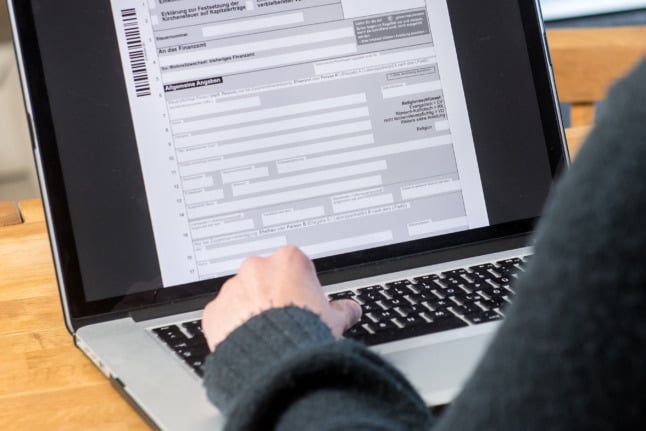One question that I get asked regularly: How do I know if I can apply for a job, if I do not fit all criteria?
There are two ways to decide if a job offer fits you.
Requirements vs. reality
First, realize that most job descriptions belong into the fantasy aisle of the book store. HR will list all imaginable skills for the “perfect” candidate. But nothing in our world is perfect. If the HR department did a good job, the skills and requirements are in declining order of importance.
READ ALSO: Which German companies want to hire foreigners?
If you meet 2/3 of the requirements: Feel free to apply.
But be aware: The actual job requirements might be quite different from what you have read in the job description.
A while back I got a mail from one of my coaching clients: She sent me the link to a company that offered jobs in English. There were about 20 positions, from accounting to software development to sales. Every single job description was exactly the same…
Can you perform the job?
The second way. Ask yourself honestly: If I get hired, can I actually perform this job and deliver the results expected?
One engineer told me the story of his first job in Germany. In the interview process he said “yes” every single time when the employer asked him if he knew a software or had worked with a tool.
He got the job, but on his first day at work it became immediately obvious that he couldn't use any of the software mentioned. His colleagues made him cook coffee and copy documents.

You shouldn't just convince employers, but also yourself, that you're the right fit for a job, writes Chris Pyak. Photo: Depositphotos/VitalikRadko
Embarrassed, he quit after one week, and since then has been completely upfront about his skills and knowledge. (He has a very successful career in Germany now.)
So, the question you should answer yourself is: How will I actually perform my duties, even if I work in a German language environment, but speak only English?
Saying “I will figure it out” is nice attitude, but won't convince a German manager. You will need to actually be able to explain this in detail. Step by step. If you can do that: Apply for the job! (No matter if it's in English or German.)
READ ALSO: Why it's a myth you need to know German to get a job
As a matter of fact: Smart people will always find a way to overcome the language challenge. You use Google Translate, ask your colleagues or hire an intern who will translate for you during the first months.
And shouldn't that be the real objective for an employer? To hire smart people who find solutions?
SEE ALSO: Find a job in English in Germany
Chris Pyak is the Author of “How To Win Jobs & Influence Germans“. The managing director of Immigrant Spirit GmbH has worked in four different cultures and lived in five different countries.
Chris returned to Germany in 2011. His mission: Bring the Immigrant Spirit to his home country. Chris introduces international professionals to employers in Germany.
On September 3rd at 7 pm, he will be offering a free webinar on how to find – and excel at – a job in Germany, and will be on hand to answer questions.






 Please whitelist us to continue reading.
Please whitelist us to continue reading.
Member comments